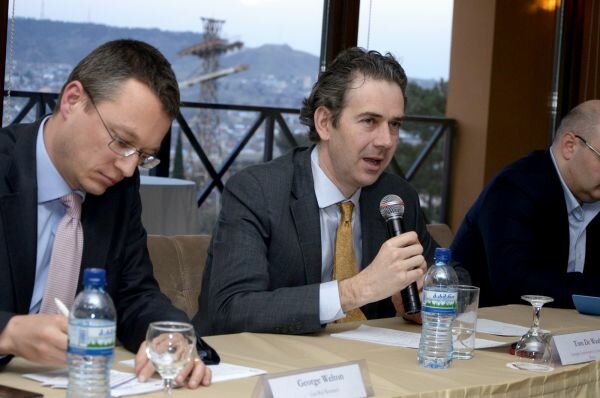The years since the collapse of the Soviet Union have witnessed, on the one hand, new forms of religiosity and religious instrumentalization in politics, and, on the other hand, the reshaping of the discourses and practices of secularity. As in other parts of the world, in the Caucasus, the "religious" and the "secular" came to be perceived as the two opposed ideological paradigms, while in practice the boundaries between them have been unfixed and movable, both in the public and the private spaces.
The State has been central in all these processes - we mean here independent states, autonomous republics of Russia, and the de-facto break-away states. The State determined the ways of using religion as a source of legitimation, thus promoting de-secularization; it sought ways of managing religious diversity; and it worked, at the same time, to redefine and to institutionalize secularity. The role of the State was therefore ambiguous, and this might attend to the frictions between various political elites. Yet this ambiguity also reflected the larger social developments "from below" animated by various actors and social groups, who served as agents of either revitalized religiosity or secularity, or a more complex combination of religious sensitivity with secular habitus.
The conference will look at changes of religious landscape in the Caucasus through the lens of the common Russian/Soviet legacy which largely defined the forms of both religion and secularity as they were shaped in the last decades. In spite of this common legacy, however, the developments have been very different in various parts of the region. The conference will also explore the relationship between the local processes and the larger regional or even global trends, in view of the growing interconnectedness that affect the Caucasian landscape.
The possible themes may include, among others:
- Religion and secularity as resources of political legitimation and of Realpolitik;
- Institutional arrangements of religion and religious diversity, and their evolution;
- Legal pluralism accommodating religious traditions;
- Regulation of religious presence in the public sphere;
- Overlapping, partnership and conflicts between religious and public institutions (administration, education, etc.);
- Differences of secular/religious divide on national and local levels;
- Public debates about religion and secularity;
- Traditional religious institutions and lay religious initiatives;
- Faith-based organizations and movements as new agents in the civil society;
- Transnational and international influences in shaping religion and secularity.
The disciplines welcomed are sociology, anthropology, political science and religious studies.
The deadline of submitting paper proposals (about 250-300 words accompanied by a short CV) is December 1st, 2014. The authors of accepted proposals will be notified by January 15th, 2015. Please send your proposals and queries to the conference email: religion.caucasus@gmail.com
The conference will be supported by the project CASCADE, in collaboration with the project ISSICEU, both within the Seventh Framework Program of the European Commission, and the Ilia University, Tbilisi. The organizers will provide travel support for selected participants.
Organizers: Alexander Agadjanian, Sophia Zviadadze, Silvia Serrano

